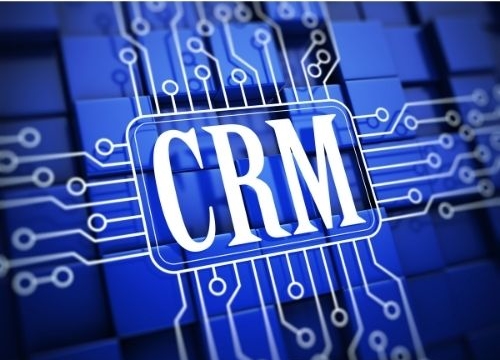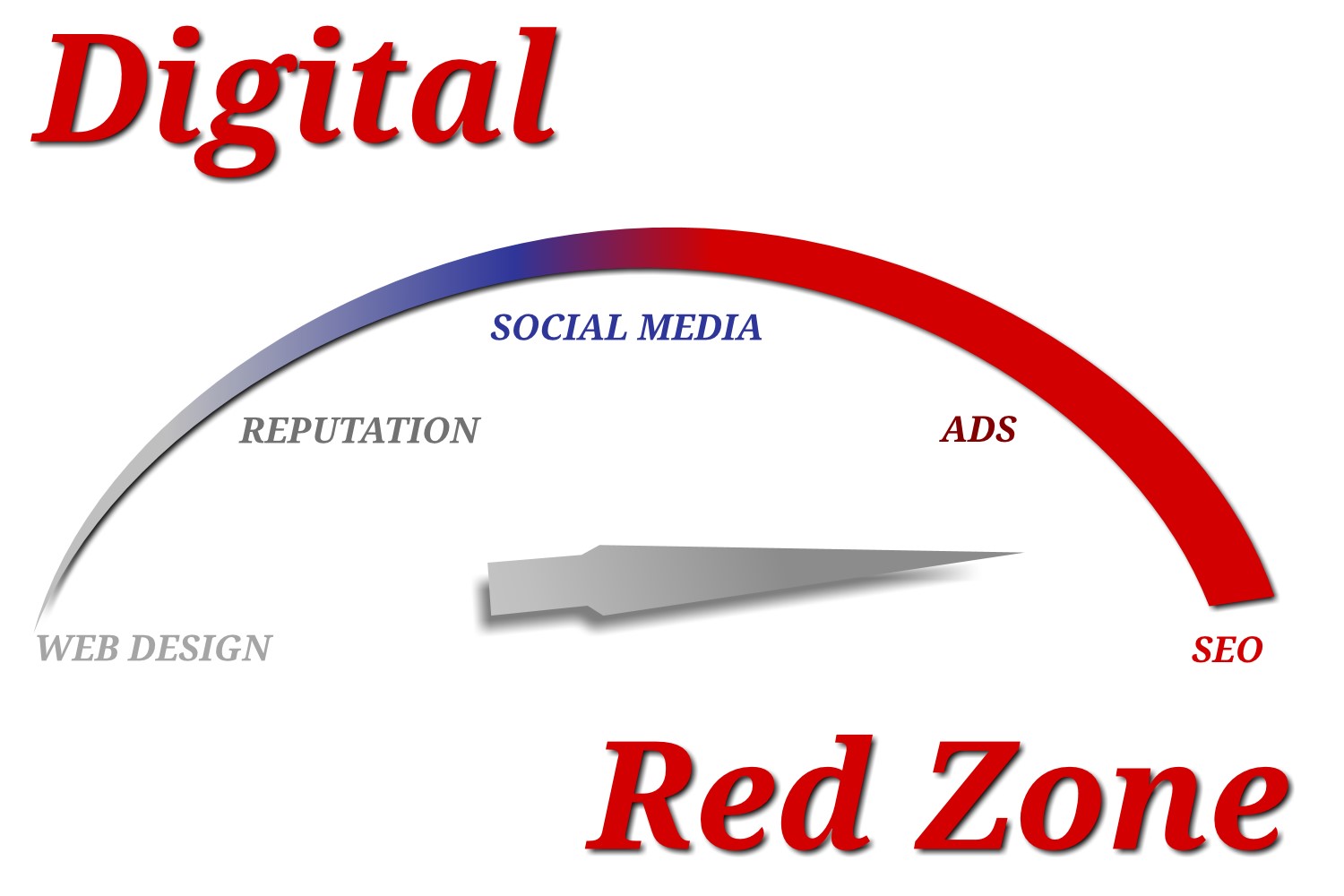What Is CRM?
Customer Relationship Management (CRM) is all about improving relationships with your customers. This can be done many ways. Whether it be showing your client the progress you have made on a project, sharing notes from interactions, or assigning a specific employee s a reference point. CRM is designed to make all aspects of business become easier by having everything you need in one place. The CRM app will allow you to send out invoices and collect payment, share files at the click of a button, and have a calendar set-up with all of your events and meetings right in front of you.

Customer Relationship Management is often over looked in most businesses because if the customer is not complaining, business owners seek no desire for improvement. Most businesses realize the hassle of billing and collecting payments and having files and contact information all over the place. Our new CRM app is the one stop shop for all of your customer needs.
CRM (Customer Relationship Management) applications, like SuiteDash or similar platforms, offer various advantages for small businesses. Utilizing these systems can lead to better customer interactions, increased sales, and streamlined operations. Here are some of the primary advantages:
- Centralized Customer Data: With a CRM, all customer data — from contact details to interaction history — is stored in one place. This centralized repository allows businesses to retrieve information quickly and ensures all team members are working with the same data.
- Improved Customer Service: By having access to the entire interaction history of a customer, businesses can provide personalized service, quickly address issues, and anticipate needs, leading to improved customer satisfaction.
- Sales Automation and Tracking: CRM apps often provide tools that streamline and automate sales processes, such as tracking leads, managing follow-ups, and converting prospects into customers. This can lead to increased sales and reduced manual administrative tasks.
- Marketing Integration: Many CRMs integrate with marketing tools or have built-in marketing features. This enables businesses to segment their audience, run targeted campaigns, and track the effectiveness of various marketing strategies.
- Task and Project Management: Platforms like SuiteDash often have built-in project management tools that help businesses track project progress, assign tasks, and ensure timely delivery.
- Collaboration Enhancement: With team members having access to the same data and tools, collaboration becomes more effective. Teams can work together on projects, share notes, and ensure everyone is on the same page.
- Customization and Scalability: Many CRM platforms allow businesses to customize features based on their unique needs. As the business grows, the CRM can scale and adapt to changing requirements.
- Reports and Analytics: CRMs often come with robust reporting tools that provide insights into sales performance, customer behaviors, and other vital metrics. These insights help businesses make informed decisions.
- Automated Reminders: Automated reminders for follow-ups, appointments, or tasks ensure that nothing falls through the cracks, leading to better time management and customer service.
- Integration Capabilities: Modern CRMs often integrate seamlessly with other tools, from email and calendars to accounting software, ensuring data flows smoothly across platforms.
- Enhanced Data Security: Centralizing customer data in a CRM, especially cloud-based ones, often means benefiting from advanced security protocols that protect sensitive information.
- Cost Efficiency: By streamlining operations, enhancing sales, and improving marketing efforts, CRMs can lead to increased revenue and cost savings in the long run.
- Accessibility: Cloud-based CRMs like SuiteDash can be accessed from anywhere, provided there's an internet connection. This is especially valuable for businesses with remote teams or those who travel frequently.
Expert Tip:
For a small business, a CRM is not just a tool but an investment that can yield significant returns by nurturing customer relationships, optimizing operations, and leveraging data for continuous improvement. However, successful implementation requires proper training for the team and a commitment to regularly update and maintain the system.
